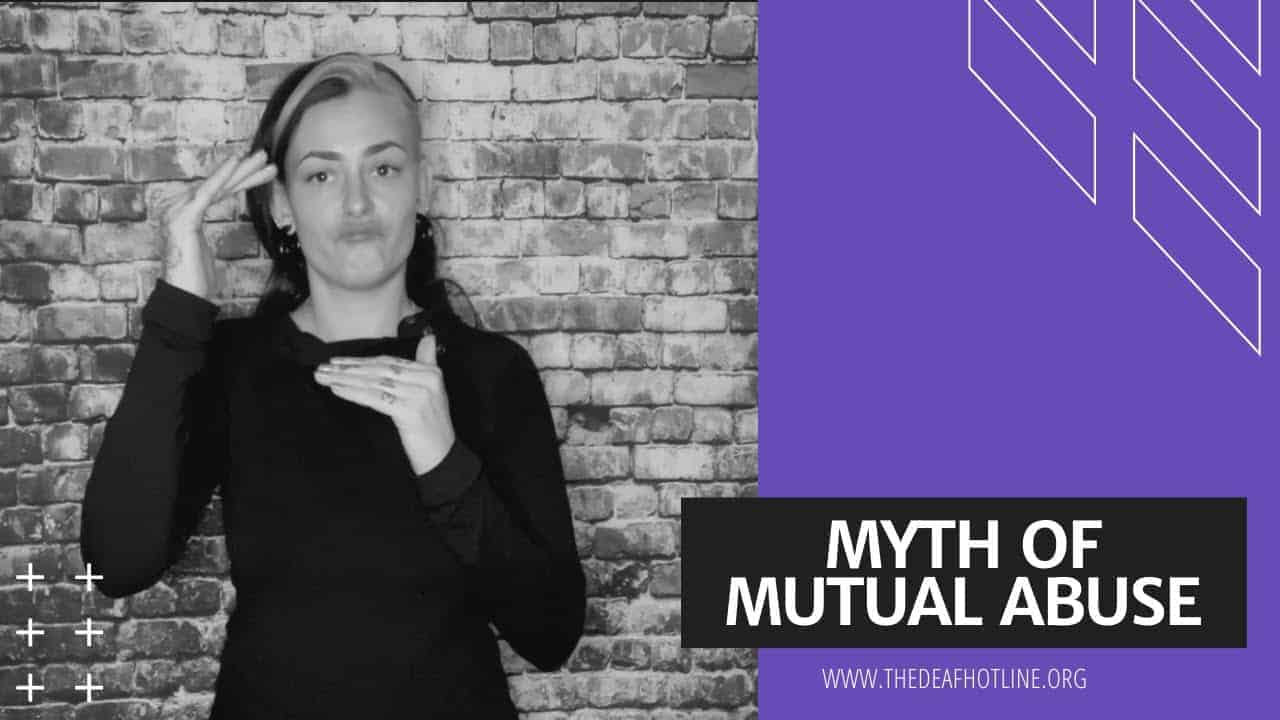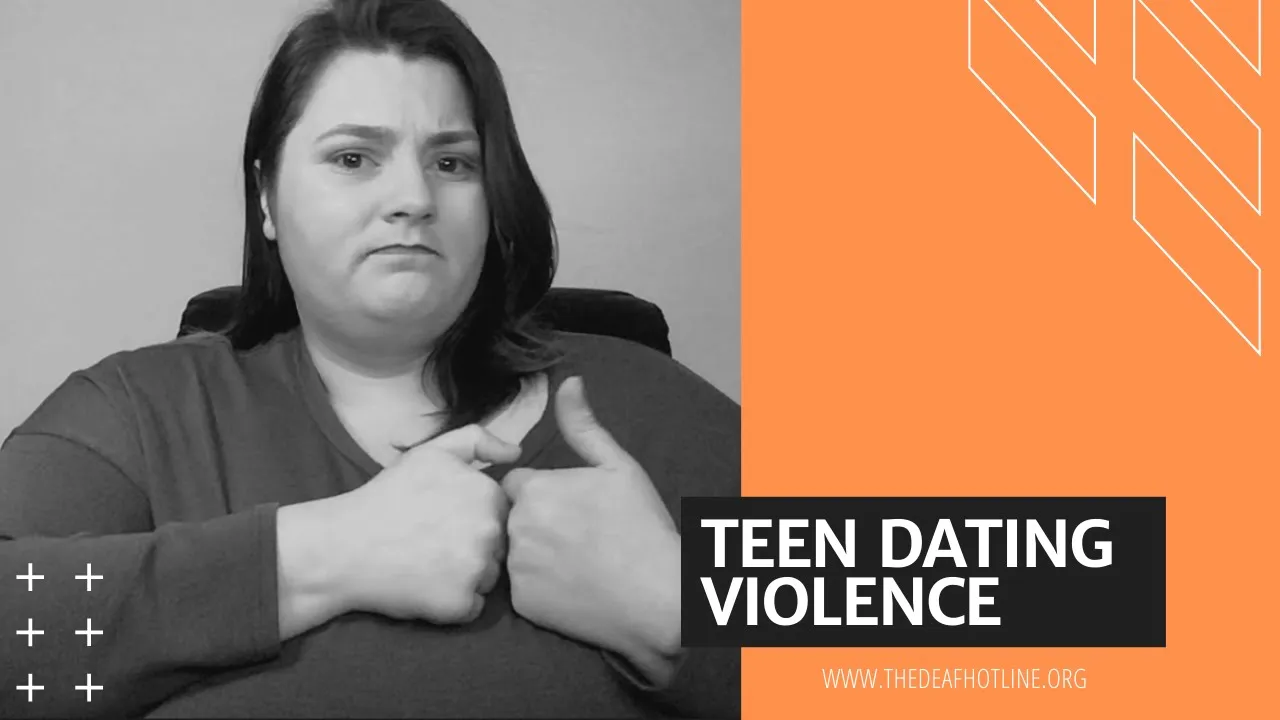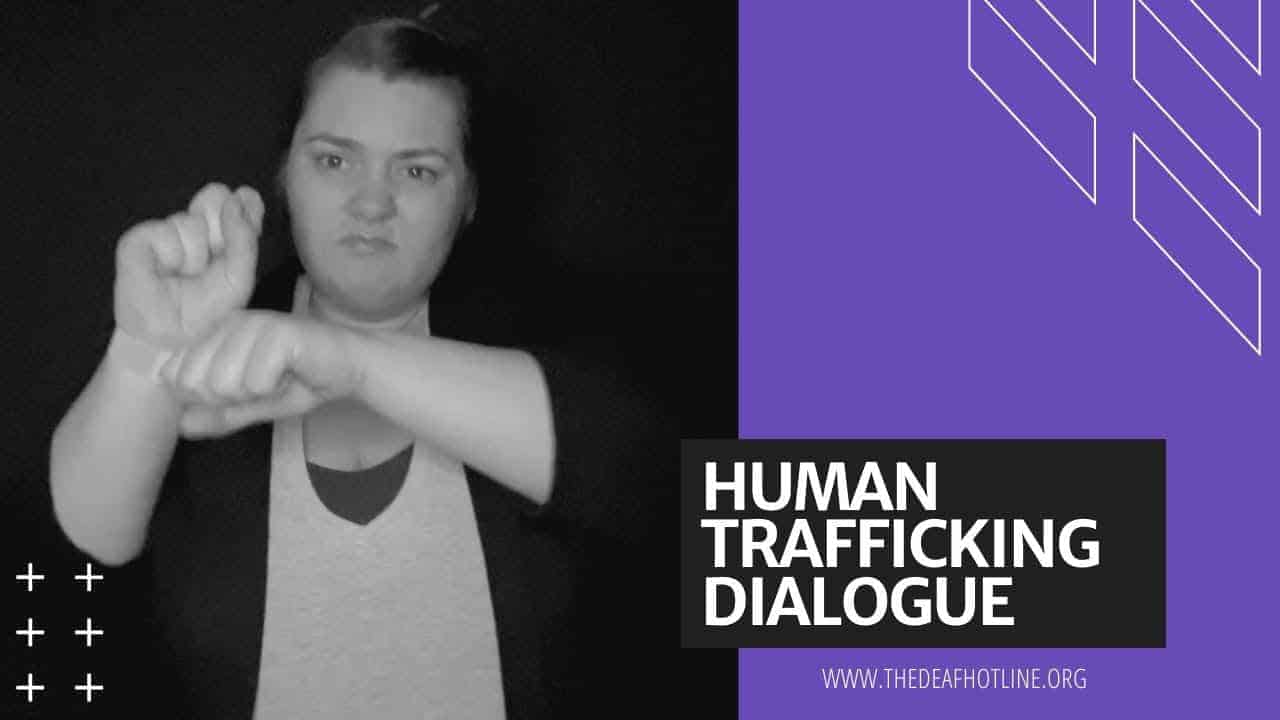Few people think they know an abuser, but statistically, we are likely to know some in our own circles: friends, family, colleagues, or others. This is why community intervention is important. Sometimes we can notice someone treating their spouse or partner in an uncomfortable way. This may be a red flag to keep in mind. When they are alone behind closed doors, it may be worse.
How to intervene
The first step to resolving abuse and harmful behavior is accountability. Accountability helps steer people away from unhealthy, abusive choices. It is not easy for an abuser to stop abusive behavior, and it will require a serious commitment to change.
The act of someone saying something, intervening and naming abusive behavior is enough to get people thinking about how they treat the people around them. Trust your intuition. Warning signs make themselves known, so if you see or hear something that makes you feel uncomfortable or crosses a line, note it and remember it. Red flags should not be ignored. Be involved, but be respectful. Don’t get yourself or victims in a dangerous situation. Don’t try to fix other people’s relationships. Getting too involved by force may put the victim at risk. Discuss with the victim before proceeding with intervention.
When someone you love discloses that they have experienced sexual violence, you may not know what to say. RAINN’s “TALK” method can help you remember how to respond with empathy.
T = Thank them for telling you
A = Ask how you can help
L = Listen without Judgement
K = Keep Supporting
Most of the time, loved one of survivors want to do anything they can to help but aren’t sure what to do. Whether someone you love has disclosed to you already, or you just want to be prepared for the moment someone does, taking the time to proactively learn how to support a survivor as they disclose can make all the difference.
(How to “TALK” with a Loved One about Sexual Violence )
Start with “T”, Thank them for telling you
“Thank you for sharing, I know it must be hard to talk about this.”
“Thank you for trusting me. I’m sorry that happened to you.”
“It takes a lot of courage to come forward. Thank you.”
“I’m so glad you told me. I believe you.”
It’s important to take a moment to acknowledge how incredibly difficult it can be to tell someone about this type of trauma. Showing your appreciation for their trust at the beginning of the conversation may help your loved one feel more comfortable. You can begin to show your support by saying something like: “Thank you for telling me this. It means a lot to me that you feel you can share this with me”
“A” – Ask how you can help
If I were you, I would…. [caption: INSTEAD OF SAYING THIS]
I’m here and not going anywhere. What do you need from me? [caption: SAY THIS]
——–
Other survivor tend to do that, so you should, too. [caption: INSTEAD OF SAYING THIS]
You did not do anything wrong. How can I support you? [caption: SAY THIS]
——–
If you don’t report, you are putting other people in danger. [caption: INSTEAD OF SAYING THIS]
Are you considering making a report? If so, would you like me to go with you? [caption: SAY THIS]
——–
It’s important to let them make their own choices about what to do next. You don’t have to have all the answers, you just have to listen and let them know that you are there for them to help in any way they need.
Next to “L” – Listen without Judgement
[Caption: DO]
- Offer supportive reassurance
- Be present
- Remind them it wasn’t their fault
- Practice active listening
- Accept their decisions for healing
- Acknowledge their pains
[Caption: DON’T]
- Minimize their experience
- Interrupt
- Ask questions about what they were drinking or wearing
- Press for more details than they want to share
- Be upset with them for not telling you sooner
- Challenge their experience, “are you sure that counts as assault?”
While it’s normal to have reactions like anger or shock when someone you care about shares an experience of sexual violence, sometimes those reactions can make a survivor feel like they are responsible for your feelings and discourage them from feeling that they can open up.
“K” – Keep Supporting
[ Caption: Check in on their emotions]
“is there anything you want to talk about?”
[ Caption: Offer normalcy – keep inviting them]
“Tomorrow morning, I am planning to walk around the park. Do you want to join me?”
[Caption: Reach out regularly]
“Lately, I have been thinking about you, How are you doing?”
[Caption: Practice empathy – changes in behavior are normal reactions to trauma
“Do you want me stay with you at this moment?”
Keep supporting – Healing takes time, and it’s crucial that survivor have the ongoing support and love they deserve throughout this process. Every survivor’s healing journey is a unique and ongoing process, so continued care will look different for every person.
For many survivors, feeling that their normal life has been taken away from them can be especially hard. Continue to offer to do things together that. Your loved one has always enjoyed. For instance, if you enjoy cooking together or following the same TV shows, make sure you’re reaching out to initiate those activities. Even if your loved one doesn’t want to talk about what happened, it can be helpful to spend time together and feel normal.



